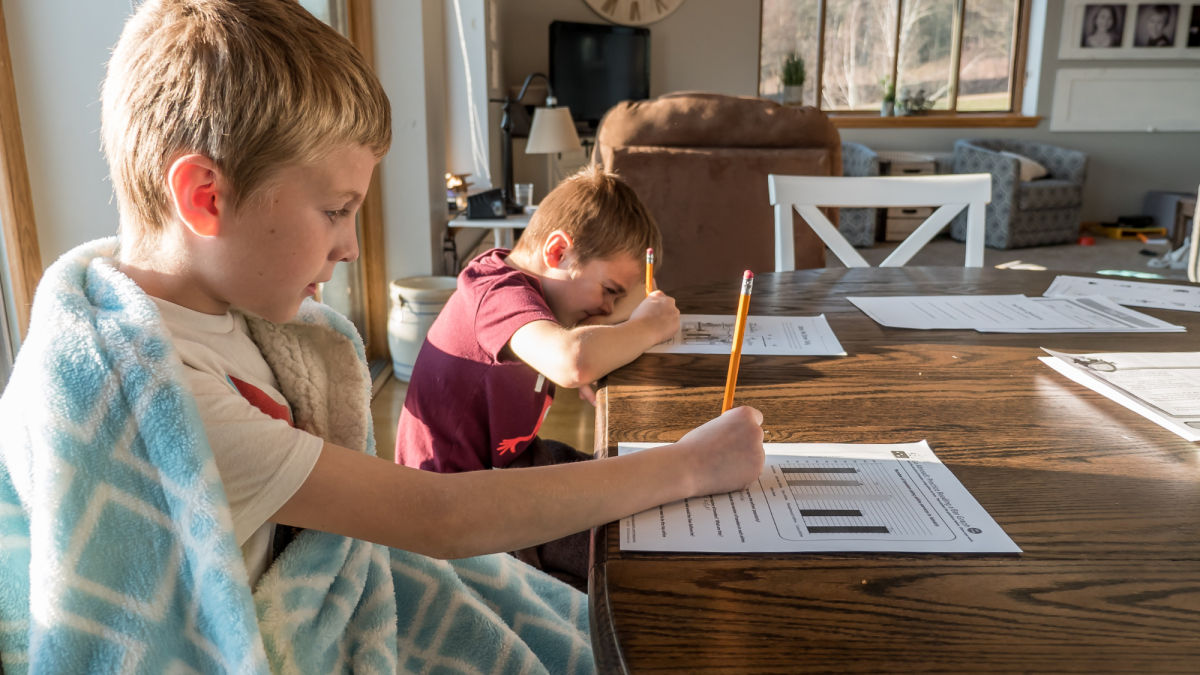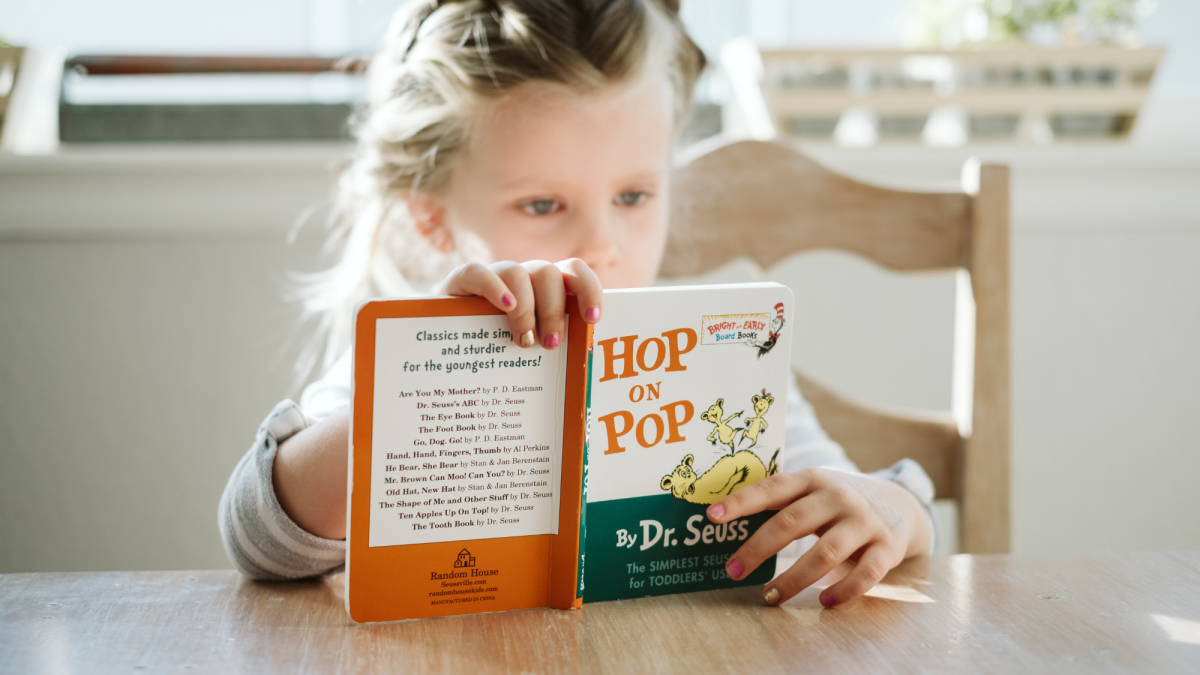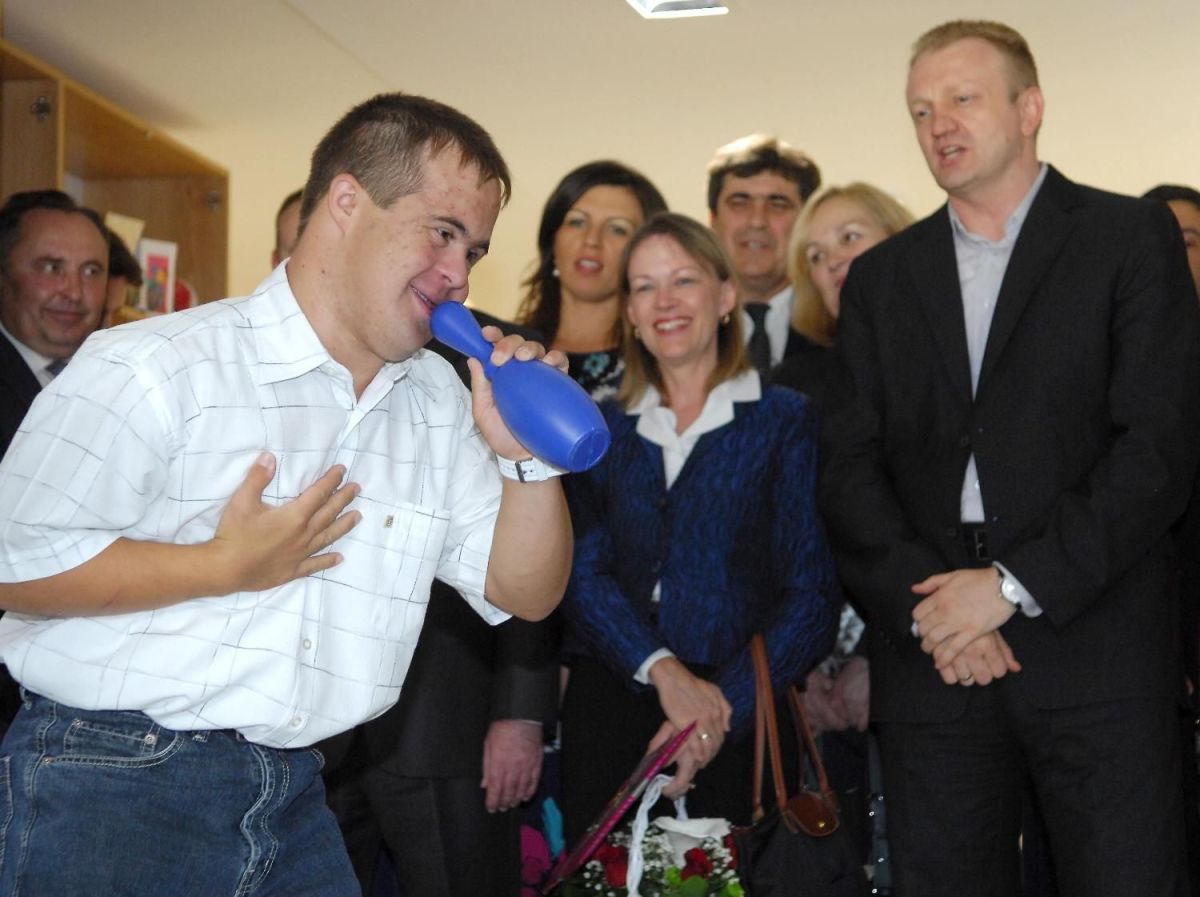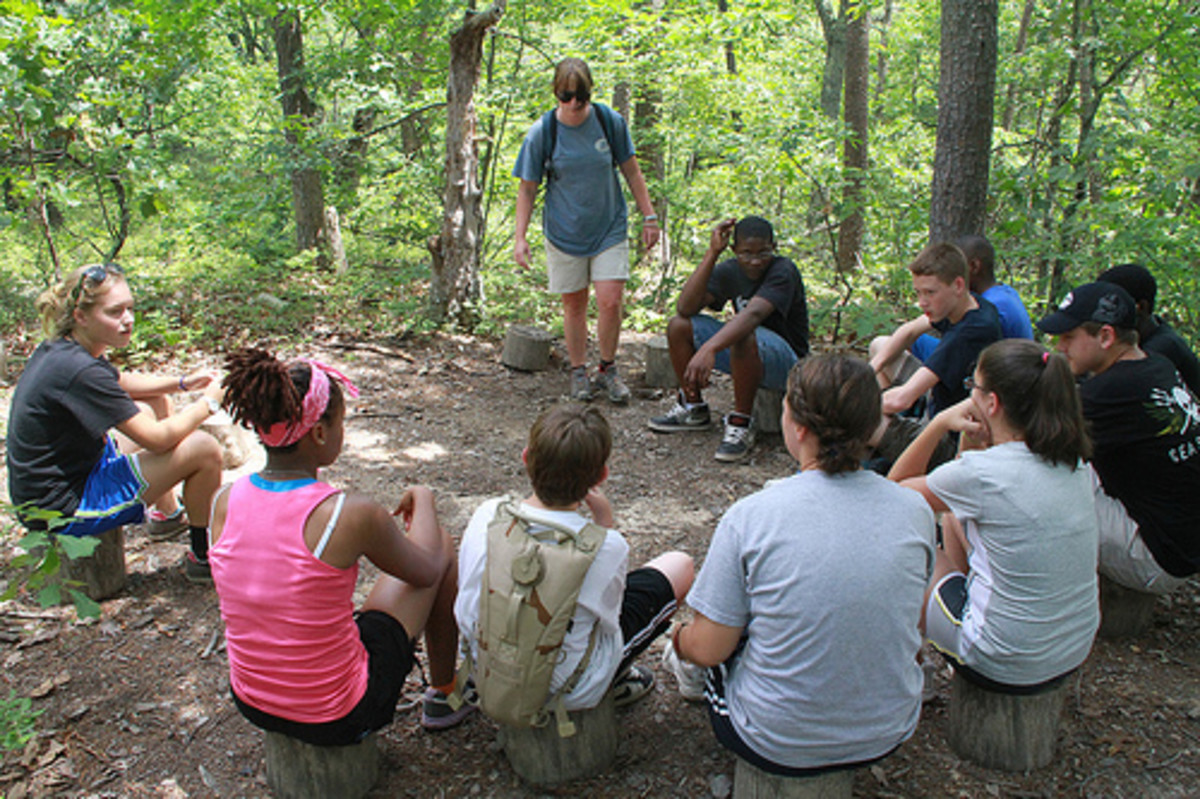Choosing the Right After-School Program For Your Kids

Researching and finding the right after-school program for your children is hard work and it is difficult to know if you made the right decision. Many after-school programs boast about the variety of activities they can offer or the well-trained people that they have running the program, but there are questions that just about every parent asks when trying to choose the right program for their children.
Who is really taking care of my children? Are they getting one on one help with their homework while they are there? What care is being taken to make sure my child is being treated well by the other kids? Am I making the right choice putting my child in an after-school program? What other options do I have?
All of these are valid questions that will be answered in the next few paragraphs. Your children are very important to you and therefore, the choice you make in after-school care is one that should be made carefully. Hopefully some of these answers will make that decision a little easier.
Quick Poll
Would you enroll your child in an after-school program if you could?
Who is really taking care of my children?
In any childcare program, regardless of whether it’s an independent daycare, tutoring center or school, the childcare providers that are typically hired are students in high school. They are usually teenagers looking for some part-time work or just to make some extra money after school.
The advantages to this are that they usually have more energy, will give your child more attention and will actively join in any activities your child is participating to give them the best experience possible.
The disadvantages to this are that they not be quite as skilled in discipline as a trained educator might be and may not know how to handle different situations that arise amongst the children, and they may not be around long. The percentages for “job-switching” and periods of “unemployment” among teens are incredibly high.
Consider the research showing that a stable, consistent and loving relationship with a primary caregiver is critical for healthy development. Primary means the adult that your child spends the most time with on average, which may be you, his or her teacher or an after-school provider.
During these critical developmental stages of your children, it is imperative that there be as much consistency as possible. Any new placements and childcare providers constitute a disruption during a developmental period when attachments are critical. This is a key concept to consider when talking with after-school programs.
How long have the childcare providers been working in the program and is there anyone within the program that can give them a constant during the duration of their stay?
Are my children getting one-on-one help with their homework while they are there?
Typically in an after-school program children are given a span of time when they first arrive to work on their homework independently. Being that there are usually a great deal of children in the program versus 4-5 childcare providers (depending on the program), if your child has a question, someone will be around to try and help them in any way possible.
Unlike a classroom with an experienced teacher, being that programs such as these are usually staffed with teenagers, the help may be limited and not include experienced tutoring services. One question you have to ask yourself is whether experienced tutoring is what you are ultimately looking for or can you handle any more difficult questions they may have at home.
There are many programs that specifically advertise tutoring services along with the after school childcare. This may be a better option for those students needing extra homework help.
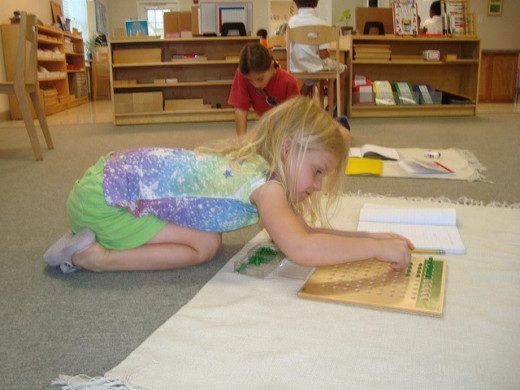
What care is being taken to make sure my child is being treated well by the other kids?
Many after-school programs are simply in place to care for your children between the time they get out of school and when you are able to pick them up after work. They have more of a daycare or babysitting kind of setting.
Discipline in these types of programs may simply be limited to calling parents or separating the children until the parents arrive so they can handle it. If you are looking for more structure or would like to know that there is a better plan in place that can handle these types of situations, there are plenty of programs that will outline this to parents from the beginning.
You may be looking more for a place offering a curriculum with their activities, field trips that the children attend, a defined disciplinary system, etc. that would provide more of a school environment for students rather than just childcare.
The Problems
- More than a quarter of America’s schoolchildren are on their own after the school day ends, and before parents get home from work.
- Despite growing awareness that children are at particular risk during these afternoon hours, the number and percentage of children left on their own in the afternoons has actually increased in the last five years.
- The availability of after-school programming for kids has improved in the last five years and families are taking good advantage. But there are not enough programs to keep pace with rising need.
- The economy is taking a toll on participation in after-school programs. Parents cite a number of barriers to enrolling their children in after-school programs with more than half of parents (52%) citing cost and more than one in four reporting hours of operation (26%) and availability (27%) as reasons for non-participation.
- Parents of 18.5 million children (38 percent) who are not currently participating in after-school programs say they would enroll their children if a program were available to them.
Am I making the right choice putting my child in an after-school program?
This is a tough question to answer. Your child’s specific needs need to be taken into consideration when answering this particular question. Does your child work well in environments with larger groups of children? Does he or she need a more limited environment with only a few children or even one-on-one care? Are there greater needs in areas of homework or discipline that need a program with those options available?
Consider making a list of those characteristics that your child has to help define the right place for him or her. Some characteristics that make for an ideal after-school program would be
- offers a safe environment that fosters optimal development;
- employs a sufficient number of qualified, well-trained staff;
- is administered efficiently by a friendly, easy to talk to person;
- encourages staff-parent interaction;
- balances activities to include structured and unstructured time, teacher-directed and child-initiated experiences, and a range of activities;
- capitalizes on the interests of the children and opportunities for informal, social learning;
- uses community resources as much as possible;
- communicates clear, consistent expectations and limits to children and parents; and
- provides indoor and outdoor space for active play, and places for socialization and private time.
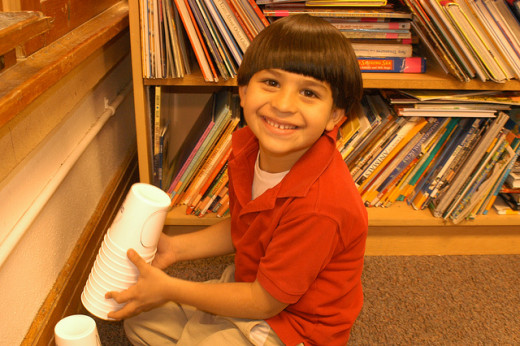
What other options do I have?
If you decide that a school or daycare-based after-school program is not the right fit for your child, there are definitely other options for you to consider.
1) Share childcare time with other parents. If you have certain days off during the week, maybe you could swap out days off with another parent looking for the same alternative. They can watch your children on their days off and vice versa.
2) Check into some co-op parenting groups. They have some great options to after-school programs to make sure your children are taken care of throughout the week.
3) Hire an in-home babysitter. This can be a teenager, a stay at home mother or a professional nanny. The advantage to this is that your child can be at home and you can control the babysitting hours.
4) If you don’t mind it, there are tons of ladies that watch children in their homes as well if you don’t mind dropping your child off at another adult’s house. These nannies typically watch anywhere from 2-5 kids in their homes every day.
Whatever it is that you choose as the best option for your children, make sure that you are always checking in and making sure that they are holding up to your standards at all times.
It never hurts to ask questions about what’s going on and any new developments (even from your kids!). The more they know you (and like you), the better you will be able to keep up with how your child is being treated and educated. . . and do your research!




